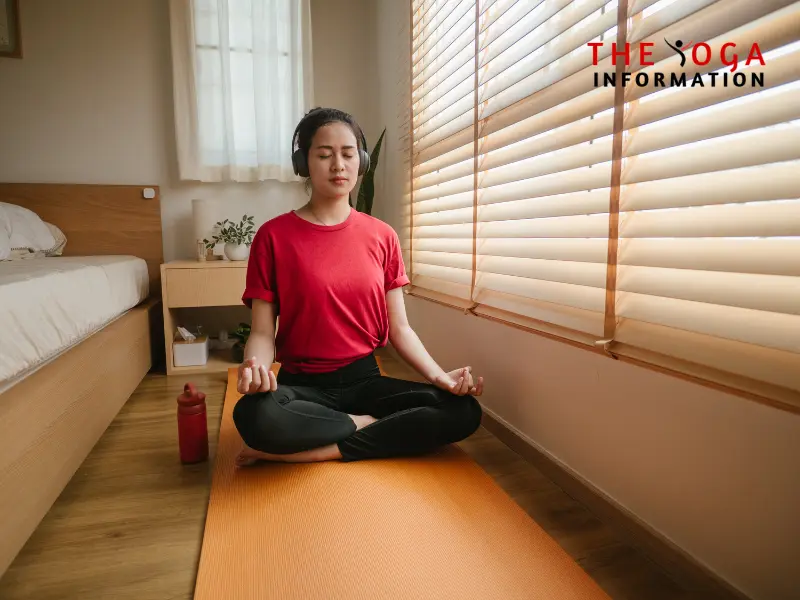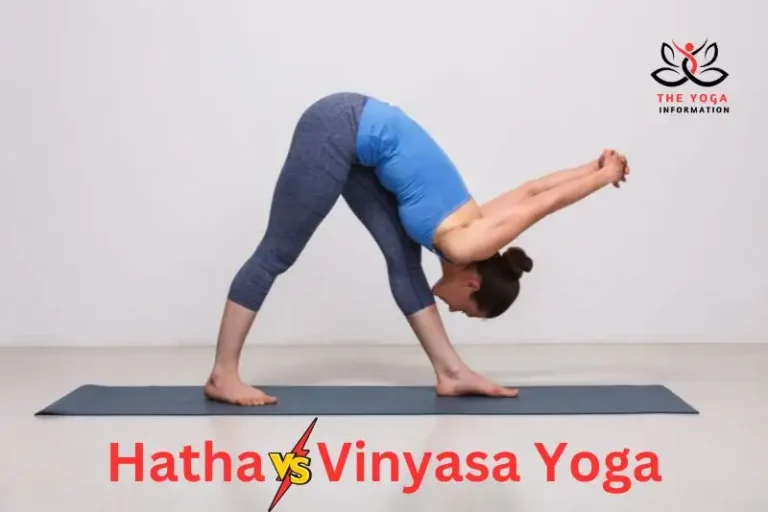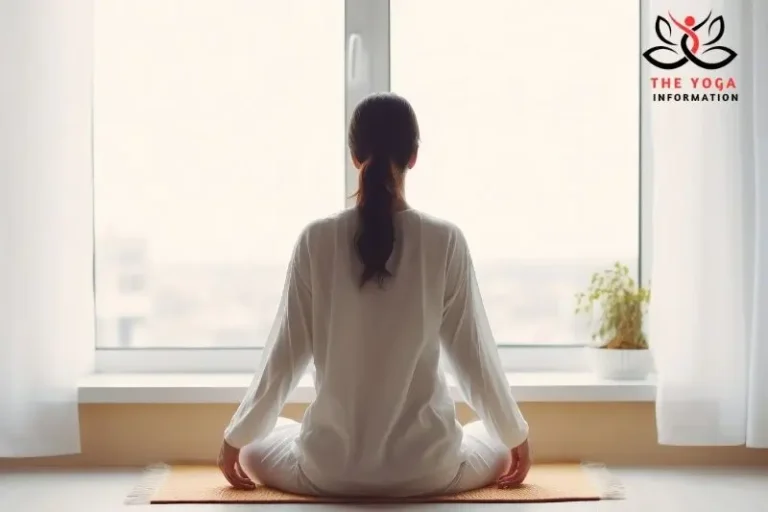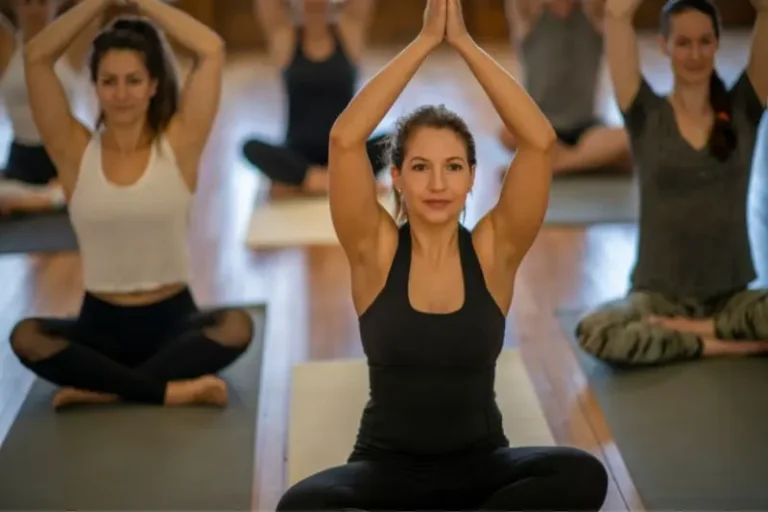Starting your day with meditation can set a positive tone for the rest of your day. As a beginner, establishing a morning meditation routine might seem challenging, but with consistency, it becomes a rewarding practice. Here’s a simple and effective morning meditation routine to help you begin your journey.
1. Create a Comfortable Space
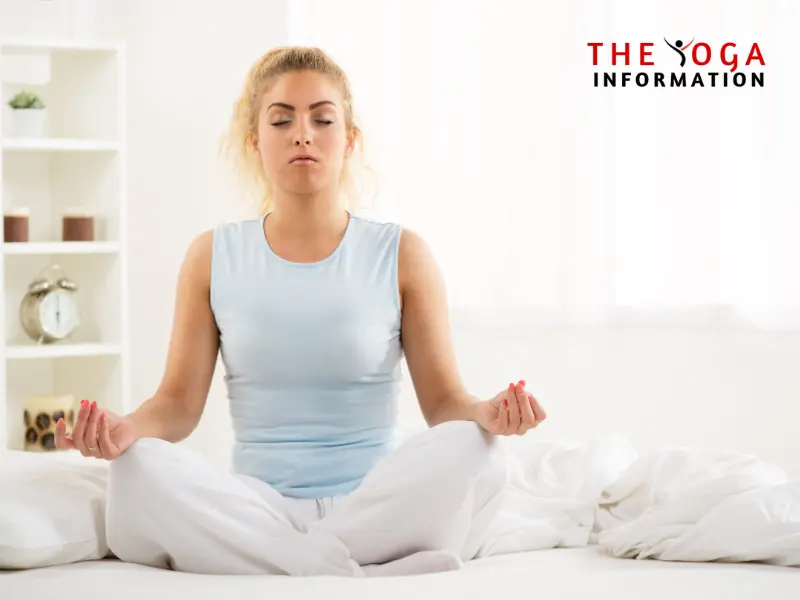
Why It Matters
A designated meditation space can help signal to your mind and body that it’s time to meditate. This space should be quiet, comfortable, and free from distractions.
Steps
- Choose a quiet corner in your home.
- Add a cushion, mat, or chair for comfortable seating.
- Consider adding elements like candles, incense, or soft music to create a calming atmosphere.
2. Set an Intention

Why It Matters
Setting an intention helps you focus and gives purpose to your meditation practice. It can be something simple like “I want to find peace” or “I aim to be more mindful today
Steps
- Before you start, take a moment to think about why you are meditating.
- State your intention silently or out loud
3. Practice Deep Breathing (5 Minutes)

Why It Matters
Deep breathing calms the nervous system, reduces stress, and prepares your mind for meditation.
Steps
- Sit comfortably with your back straight.
- Close your eyes and take a deep breath in through your nose, counting to four.
- Hold your breath for a count of four.
- Exhale slowly through your mouth for a count of four.
- Repeat this process for five minutes, focusing on your breath.
4. Guided Meditation (10 Minutes)

Why It Matters
Guided meditations provide structure and support, especially for beginners, helping to keep your mind focused.
Steps
- Choose a guided meditation app or video (such as Headspace, Calm, or YouTube).
- Sit comfortably, close your eyes, and listen to the guide’s voice.
- Follow the instructions, allowing the guide to lead you through the meditation.
5. Mindful Observation (5 Minutes)

Why It Matters
Mindful observation trains you to stay present, enhancing your overall mindfulness throughout the day.
Steps
- Sit comfortably and open your eyes.
- Choose an object in your environment (a plant, a candle flame, or even your own hand).
- Spend five minutes observing the object in detail, noting its colors, shapes, textures, and any other aspects you notice.
- If your mind wanders, gently bring it back to the object.
6. Gratitude Practice (3 Minutes)

Why It Matters
Gratitude shifts your focus from what you lack to what you have, fostering a positive mindset.
Steps
- After your meditation, take a moment to think of three things you are grateful for.
- They can be simple (like a good night’s sleep) or significant (like the support of a loved one).
- Write them down in a journal or simply hold them in your mind for a few moments.
7. Gentle Stretching (5 Minutes)
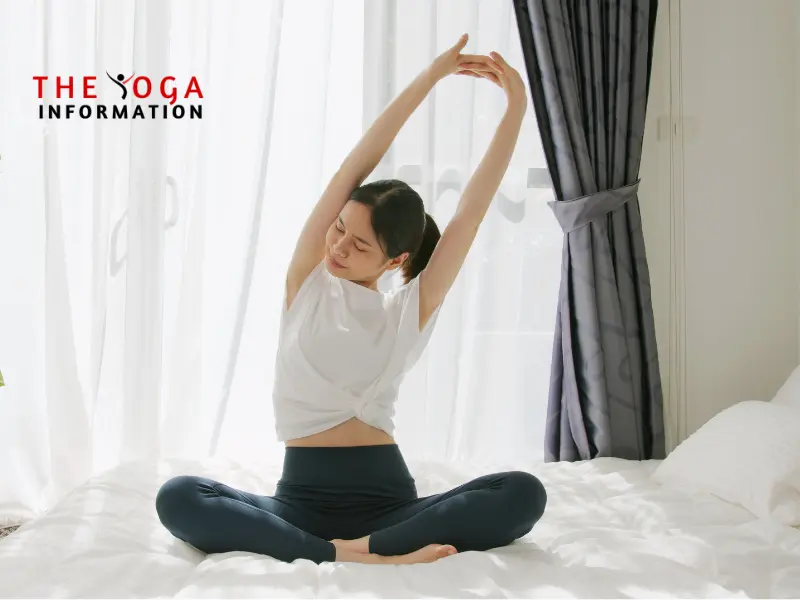
Why It Matters
Stretching helps to release any tension in your body, promoting relaxation and preparing you for the day ahead.
Steps
- Stand up and stretch your arms above your head.
- Gently bend to the side, stretching your oblique muscles.
- Bend forward, touching your toes or reaching as far as you can comfortably.
- Roll your shoulders, neck, and wrists to release any remaining tension.
8. Closing and Reflecting (2 Minutes)
Why It Matters
Ending your meditation with a moment of reflection helps you to consolidate your practice and carry its benefits into your day.
Steps
- Sit quietly for a moment, taking a few final deep breaths.
- Reflect on how you feel compared to before you started.
- Remind yourself of your intention and consider how you can carry it into your day.
Basic Techniques for Beginners

Simple Breathing Exercises to Start Your Day
Breathing exercises are a fundamental part of meditation. Here are a couple of simple techniques.
Diaphragmatic Breathing: Sit comfortably, close your eyes, and focus on your breath. Inhale deeply through your nose, allowing your abdomen to rise, then exhale slowly through your mouth.
4-7-8 Breathing: Inhale through your nose for a count of 4, hold your breath for a count of 7, and exhale completely through your mouth for a count of 8.
Alternate Nostril Breathing: Close one nostril and inhale through the other, then switch. This balances the nervous system and enhances focus.
Essential Tools and Accessories for Morning Meditation
Meditation Cushion or Bench: Provides support and comfort, helping you maintain good posture.
Yoga Mat: Offers a comfortable surface to sit on, especially if you integrate stretches.
A Timer: Helps you keep track of your meditation duration without checking the clock.
A Journal: For noting down reflections and progress after your session.
Benefits of Morning Meditation

Starting your day with morning meditation offers a wide range of benefits that can positively impact your mental, emotional, and physical well-being.
1. Reduces Stress
Morning meditation helps to calm the mind and body, reducing stress and anxiety levels. By starting the day with a clear and relaxed mind, you are better equipped to handle daily challenges.
2. Enhances Focus and Concentration
Meditation improves mental clarity and focus. A morning practice sets a focused tone for the day, helping you to stay present and productive in your tasks.
3. Boosts Mood and Emotional Health
Regular meditation increases the production of serotonin, a hormone that enhances mood and promotes feelings of happiness and well-being. It can help you start your day with a positive mindset.
4. Increases Energy Levels
Meditating in the morning can boost your energy levels by reducing mental fatigue and promoting relaxation. This can lead to a more energetic and vibrant day.
5. Improves Self-Awareness
Morning meditation fosters self-awareness by encouraging mindfulness and introspection. This practice helps you understand your thoughts, emotions, and behaviors better.
6. Enhances Creativity and Problem-Solving
A calm and focused mind is more conducive to creative thinking and effective problem-solving. Morning meditation can help you approach challenges with a fresh perspective.
7. Supports Better Physical Health
Meditation has been shown to lower blood pressure, improve heart health, and boost the immune system. Starting your day with meditation can contribute to overall physical well-being.
8. Promotes Mindfulness Throughout the Day
Morning meditation sets the stage for a mindful day. It encourages you to stay present and aware in your activities, leading to a more intentional and fulfilling life.
9. Cultivates Gratitude
Meditating in the morning can help you start your day with a sense of gratitude. Reflecting on what you are thankful for can improve your overall outlook and happiness.
10. Improves Sleep Quality
Regular morning meditation can help regulate your sleep patterns by reducing stress and promoting relaxation. This can lead to better sleep quality and overall health.
Tips for Sticking to Your Meditation Routine
Staying committed to your practice can be challenging, but these tips can help
Set Clear Intentions: Remind yourself why you want to meditate and the benefits you hope to gain.
Use Reminders: Set alarms or leave notes to remind yourself to meditate.
Be Flexible: If you miss a session, don’t be hard on yourself. Simply start again the next day.
Find Accountability: Join a meditation group or find a meditation buddy to keep you motivated
Conclusion
Establishing a morning meditation routine can be a transformative practice. This simple routine, which takes about 30 minutes, can help you start your day with a sense of calm, clarity, and purpose. Remember, consistency is key, so try to make this routine a regular part of your mornings. As you become more comfortable with meditation, feel free to adjust the routine to better suit your needs and preferences.
